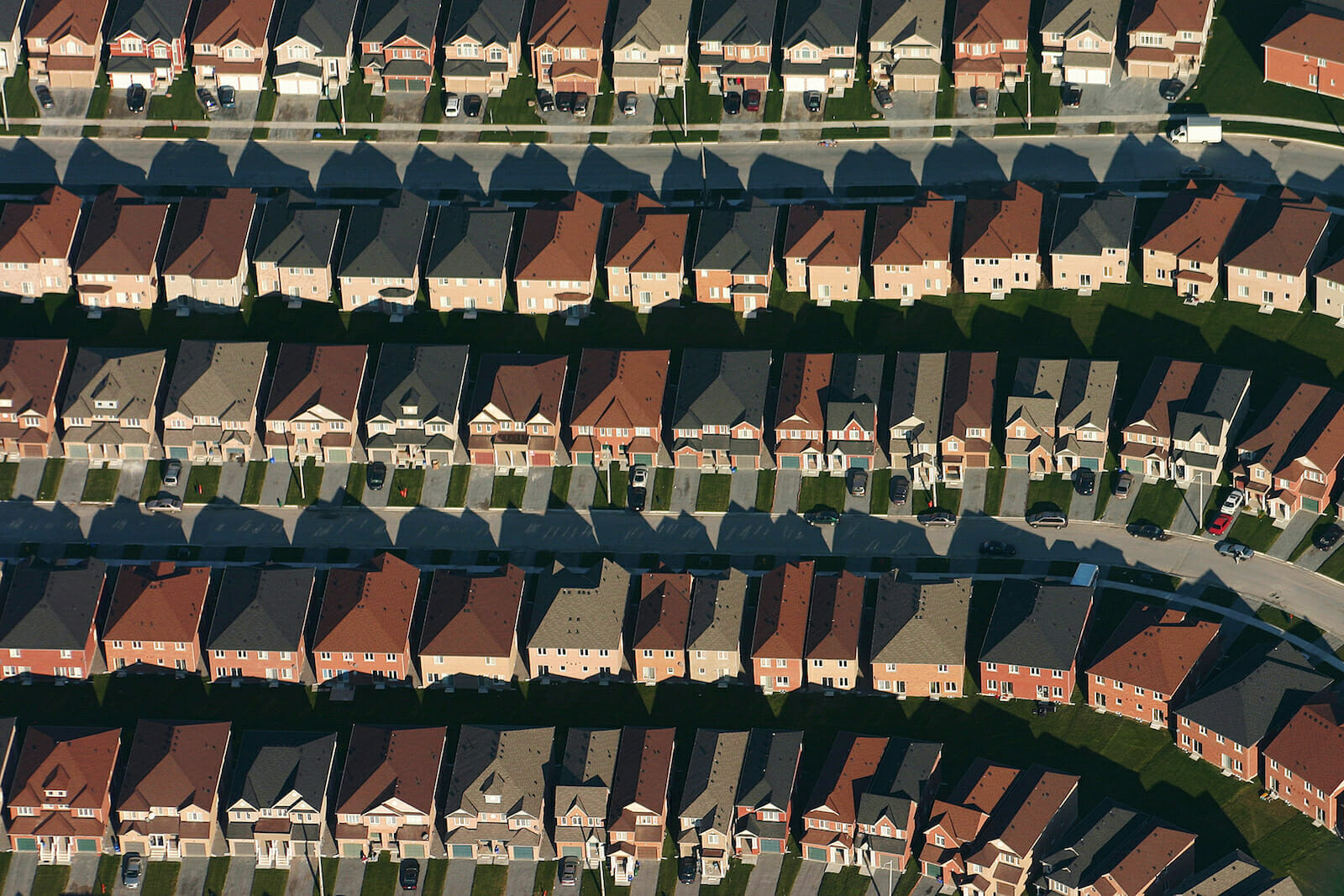
Business
The Key to Massive Economic Growth: Housing
Leading economists are pessimistic about whether the US government will ever have enough revenue to afford either Donald Trump’s ambitious tax cut plans or Democrats’ hopes for public healthcare. However, a new economic study suggests that massive economic growth and revenue is possible if America tackled one problem: housing regulations.
UC Berkeley’s Enrico Moretti and The University of Chicago’s Chang-Tai Hsieh suggest that massive economic growth is possible if America’s top cities were legally allowed to build more apartments. This, they argue, would drive down living costs and spark a flood of talented entrepreneurs to the regions where the next generation of tech giants could be created.
The study critiques the view that America’s best days are behind it. For instance, Jason Furman, former Chair of the Council of Economic Advisors, has been tweeting results from the best known economic estimates of how various policies boost growth, from immigration reform (0.3% growth boost) to deficit reduction (0.1%). No known policy can budge America’s economic growth much beyond 2.5%. To be sure though, these tenths of a point matter — a lot. Each 0.1% of economic growth adds about $300 billion to the federal treasury.
Trump’s $4.1 trillion budget hinges on levels of incredible economic growth (3% or more), which most economists regard as a fantasy. However, this new paper by Moretti and Hsieh argues that 3% is achievable by getting rid of restrictive housing regulation.
Why? California’s housing crisis is an illustrative example. In one of the most productive cities in America, San Francisco, the average rent has rocketed past $3,500 a month, mostly because anti-skyscraper residents have made it illegal to build apartments in half of the city. Getting a permit to build a tall apartment complex can take upwards of 10 years because neighborhood groups have broad regulatory authority to delay construction.
As a result, talented engineers are fleeing the city, and their dreams for creating the next Facebook or Google are going with them. Not everyone needs to live in San Francisco, but it’s much easier to build high-growth companies in places with a dense concentration of talent. In the 1880s, the first high-rise residential buildings rose up in cities like Chicago and New York, helping them to become the municipal mega-powers that they are today. The fewer people who can afford to live in big cities, the less innovative America will be.
Over email, Moretti and Hsieh explained to me that getting rid of onerous zoning regulations and allowing for the natural rate of growth in housing supply would increase economic growth by as much as 50%. “It is 50 percent lower than the potential growth rate. So if the actual growth rate is 2, the potential is 4 percent,” writes Hsieh. Though, he cautioned that 3% is a more realistic growth potential for an American economy with a better housing supply.
So, if housing is such a big deal, why doesn’t the White House or Congress do something about it? Homeowners are a powerful political bloc, yet housing regulations have traditionally been left to cities and states. Housing is an extremely sensitive political issue, since many homeowners want strict control over how their neighborhood looks and who can move in. To give you a sense of their power, Mark Zuckerberg’s proposal to expand his own home was rejected by the city of Palo Alto. Palo Alto Mayor has insisted that “Palo Alto’s greatest problem right now is the Bay Area’s massive job growth.” That’s right: he means that the city’s problem is that there are too many good jobs. Homeowners in Palo Alto would happily sacrifice an influx of good jobs for a quaint suburban lifestyle.
The problem is that this decentralized network of suburban hawks is creating problems for the entire nation. It’s not just economic growth, either: another study from MIT suggests that skyrocketing housing costs are the single greatest contributor to economic inequality in America. So, solving the housing crisis could fix the most pressing issues for both Democrats and Republicans alike…

